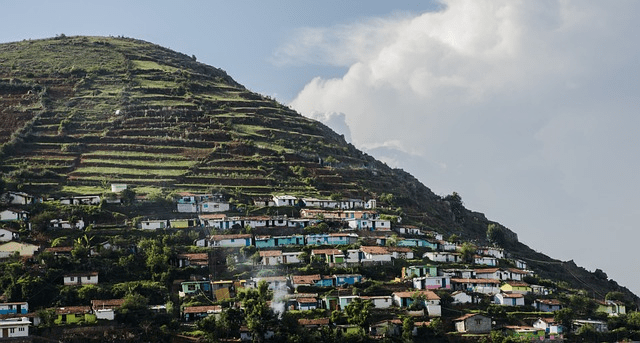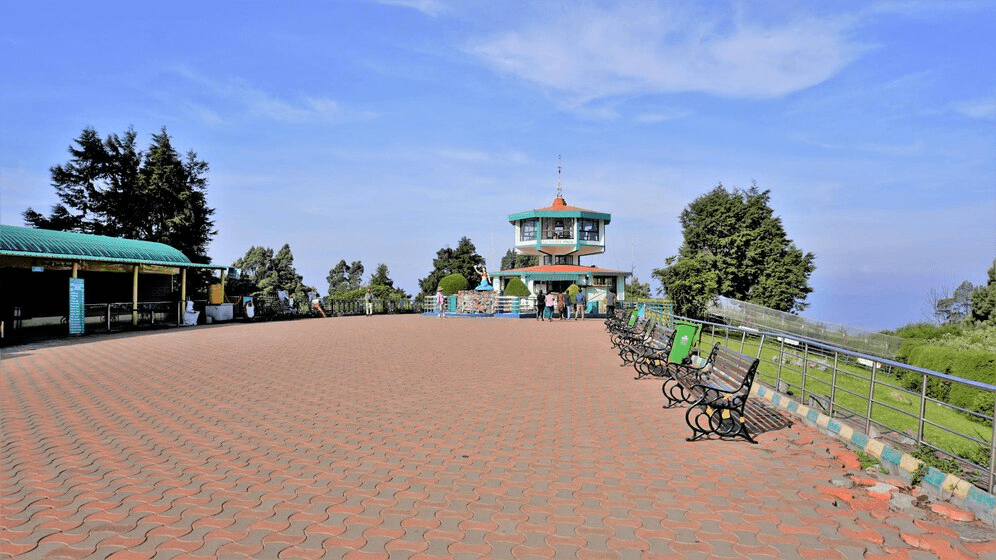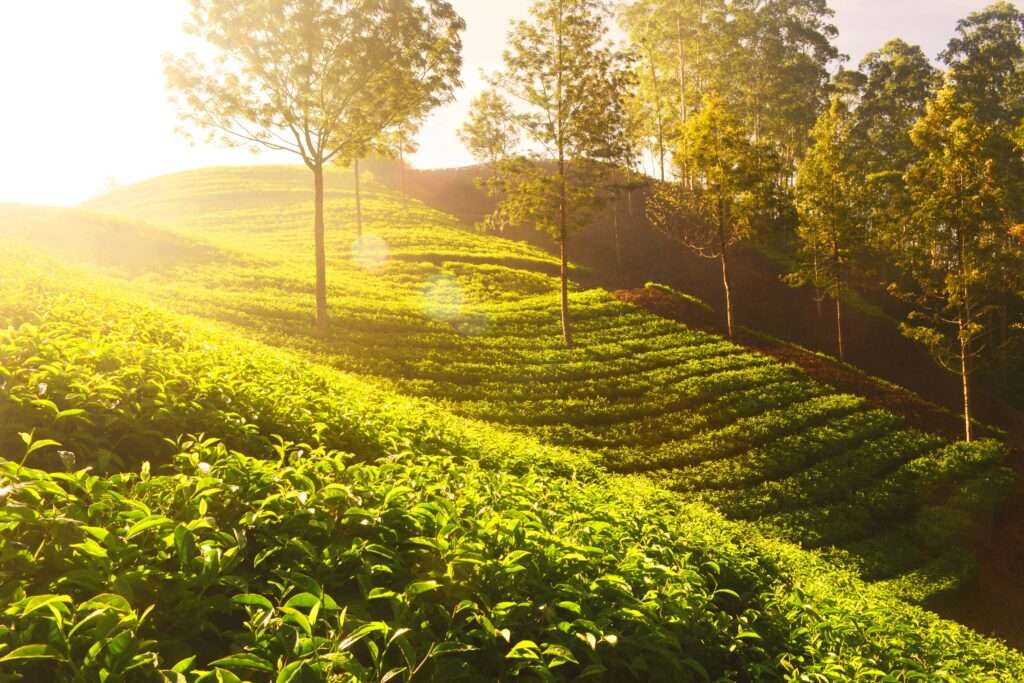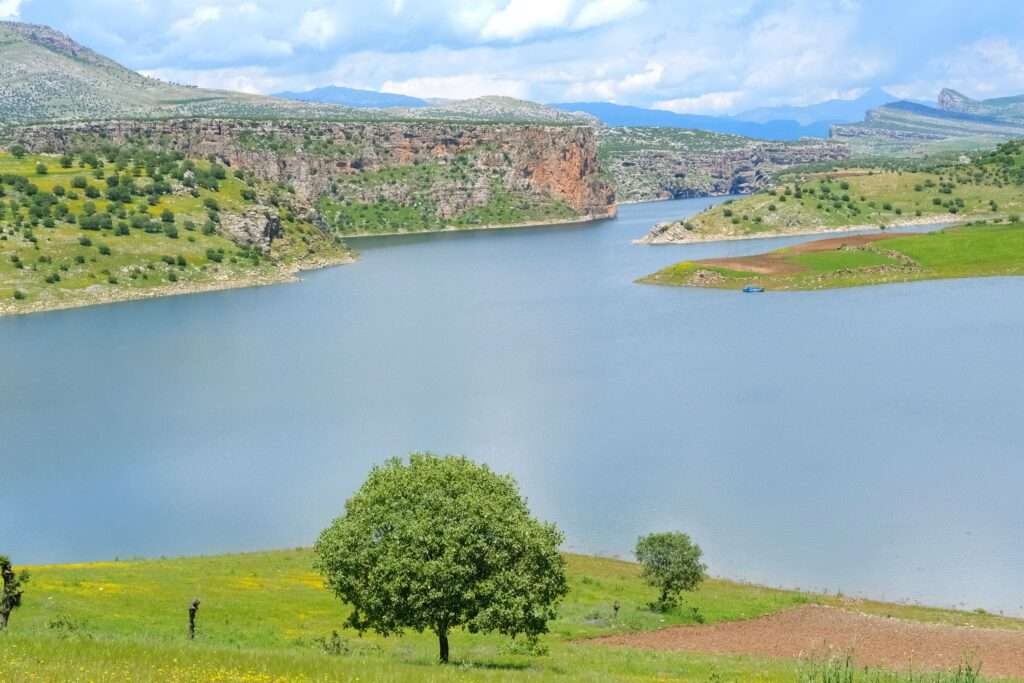Physical Address
304 North Cardinal St.
Dorchester Center, MA 02124

Udhagamandalam, popularly known as Ooty, is a charming hill station located in the southern state of Tamil Nadu, India. Nestled amidst the breathtaking Nilgiri Hills, Ooty is often referred to as the “Queen of Hill Stations” due to its picturesque landscapes, pleasant climate, and abundant natural beauty. This blog will provide you with detailed information about Udhagamandalam, taking you on a virtual tour of this enchanting destination.
Udhagamandalam is situated in the Nilgiri district of Tamil Nadu. It is located at an altitude of approximately 2,240 meters (7,350 feet) above sea level, making it one of the highest hill stations in South India. The town is surrounded by dense forests, tea plantations, and scenic valleys, offering visitors a captivating blend of flora and fauna.
Udhagamandalam is well-connected to major cities and towns in Tamil Nadu and neighboring states. Here are the common modes of transportation to reach this hill station:

The Government Botanical Gardens in Ooty is a popular attraction, showcasing a wide variety of exotic plants, flowers, and trees. The garden’s highlights include a fossilized tree trunk, a stunning flower clock, and a vast collection of roses.

The Ooty Lake is a scenic man-made lake offering boating facilities to visitors. Surrounded by lush greenery and eucalyptus trees, the lake provides a serene atmosphere for relaxation and enjoyment.

Doddabetta Peak is the highest point in the Nilgiri Hills, offering breathtaking panoramic views of the surrounding landscapes. A telescope house at the summit allows visitors to admire the beauty of the valleys and distant mountains.

Ooty is renowned for its tea plantations, which are a major attraction for tourists. Visitors can take a leisurely stroll through the tea gardens, learn about the tea-making process, and savor freshly brewed tea.

A ride on the Nilgiri Mountain Railway is a must-do experience in Ooty. This historic toy train takes you on a scenic journey through picturesque landscapes, winding tunnels, and steep slopes, offering mesmerizing views along the way.

Located around 28 kilometers (17 miles) from Ooty, Avalanche Lake is a tranquil spot surrounded by dense forests and rolling hills. Visitors can enjoy activities like boating, fishing, and camping while soaking in the natural beauty.

pykara Falls is a magnificent waterfall located approximately 21 kilometers (13 miles) from Ooty. With its cascading waters, lush greenery, and peaceful ambiance, it is a popular spot for picnics and nature walks.
Udhagamandalam enjoys a pleasant climate throughout the year, with temperatures ranging from 15°C to 25°C (59°F to 77°F). The summer months from April to June are ideal for a visit, as the weather remains mild and pleasant. The monsoon season from July to September brings heavy rainfall, adding to the beauty of the surroundings. The winter months from October to February are colder, with temperatures dropping to as low as 5°C (41°F), offering a cozy and misty ambiance.
Udhagamandalam has a rich and fascinating history that dates back several centuries. Here is a brief overview of the historical significance of this hill station:
Before the arrival of the British, the Nilgiri region, including Udhagamandalam, was inhabited by various indigenous tribes. The Toda tribe, known for their unique culture and traditional lifestyle, was one of the prominent tribes in the area.
The British East India Company established its presence in the Nilgiri Hills in the early 19th century. It was during this time that Udhagamandalam started to gain attention as a potential summer retreat due to its pleasant climate and picturesque surroundings. The British administration recognized the hill station’s potential and developed it as a popular destination for British officials and other elites seeking respite from the sweltering heat of the plains.
Udhagamandalam was officially founded in the early 19th century by John Sullivan, the then British Collector of Coimbatore. Sullivan played a crucial role in the development of the hill station, establishing its infrastructure, including roads, buildings, and schools.
The British transformed Udhagamandalam into a well-planned hill station, complete with colonial-style bungalows, churches, schools, and administrative offices. The landscape was adorned with beautiful gardens, including the Government Botanical Gardens, which were established in the mid-19th century.
The British recognized the potential of the Nilgiri region for tea cultivation. Tea plantations were established, and Udhagamandalam became known for its high-quality tea production. Even today, the tea gardens are a major attraction for tourists visiting the hill station.
The construction of the Nilgiri Mountain Railway, a narrow-gauge railway line, began in the late 19th century. The railway was completed in 1908 and provided a vital transportation link to Udhagamandalam. It is now a UNESCO World Heritage Site and remains an iconic attraction in Ooty.
After India gained independence from British rule in 1947, Udhagamandalam became a part of the newly formed state of Tamil Nadu. Over the years, the town has witnessed modernization and has become a popular tourist destination, attracting visitors from across the country and around the world.
Today, Udhagamandalam (Ooty) stands as a testament to its colonial past, with its well-preserved British architecture, lush landscapes, and a harmonious blend of cultures. The hill station’s historical significance and natural beauty continue to make it a cherished destination for travelers seeking tranquility and a glimpse into the past.
[…] Udhagamandalam (Ooty): The Queen of Hill Stations […]